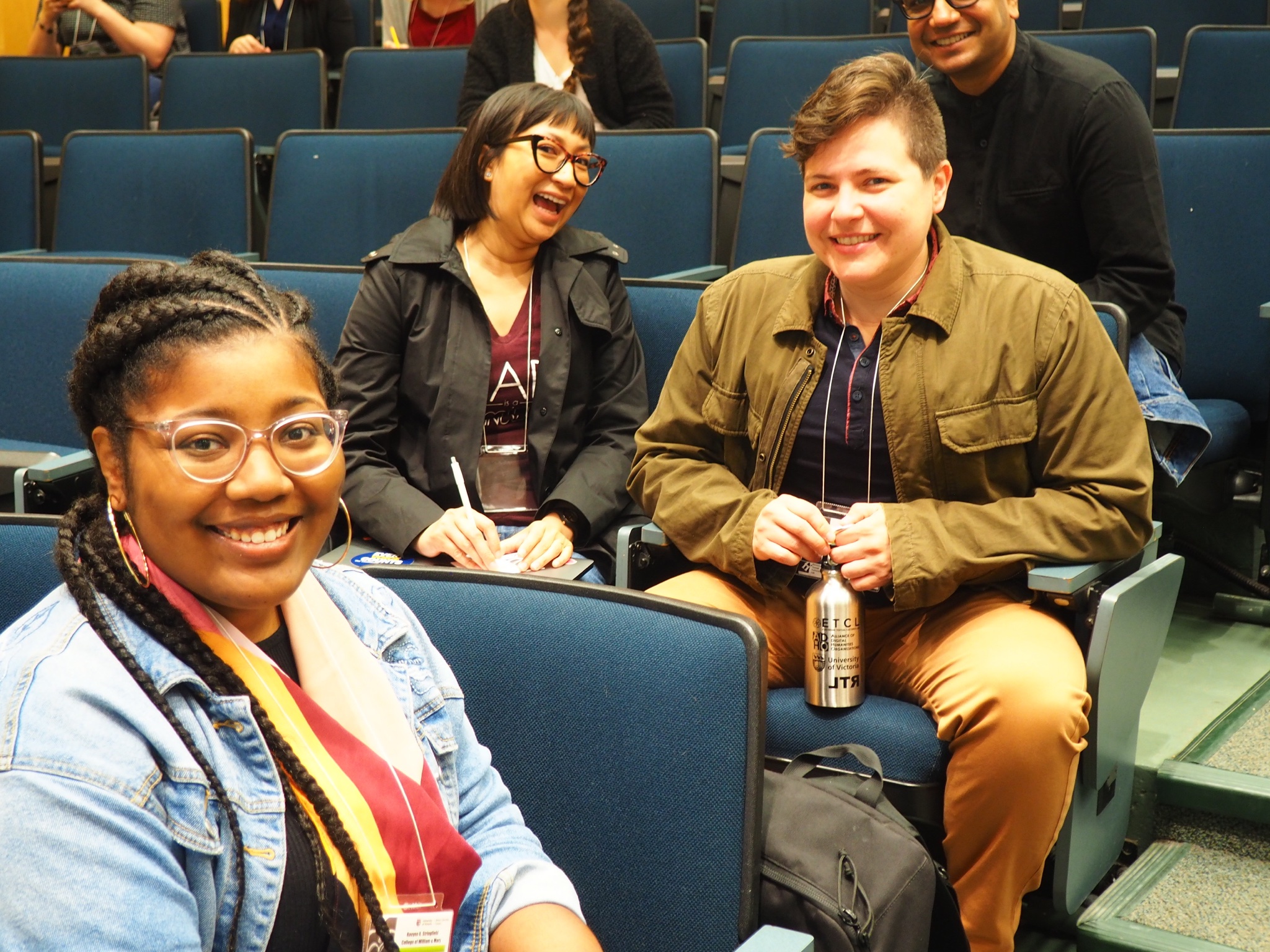Open Social Scholarship DHSI Stream
The Digital Humanities Summer Institute (DHSI) is an annual digital humanities training event, led by the Canadian Social Knowledge Institute and located at the University of Victoria.
DHSI is a pedagogical partnership of some 30 institutions and academic organizations with an expanding international training network. DHSI provides an ideal environment for discussing and learning about new computing technologies and how they influence teaching, research, dissemination, creation, and preservation in different disciplines via a community-based approach. During this time of intensive coursework, seminars, and lectures, participants at DHSI share ideas and methods and develop expertise in using advanced technologies. Every summer, the institute brings together faculty, staff, and students from the Arts, Humanities, Library, and Archives communities as well as independent scholars and participants from areas beyond.
The Open Social Scholarship course stream at DHSI is purposefully focused on public engagement, social issues, and creative approaches to scholarly communication. This course stream trains participants from all over the world on how to engage critically with open, digital scholarship materials, tools, and initiatives. In turn, this training builds capacity for these sorts of activities in various locales, as participants return to their home institutions and integrate their learnings into their own projects and curricula.

DHSI 2019 instructors and attendees. Photo by Lynne Siemens
Previous and current courses in this stream include:
- Building Communities Focused on Social Advocacy and Care in Digital Humanities Labs and Programs, Jacquelyne Thoni Howard (Tulane U), 2023
- Critical Making as Scholarship, Jason Helms (Texas Christian U) & Anastasia Salter (U Central Florida), 2022, 2023
- Digital Storytelling, John Barber, David Alonzo, & Dene Grigar (Washington State U Vancouver), 2021; John Barber (Washington State U Vancouver), John G. McDaid (Roger Williams U), & Richard Synder (Washington State U Vancouver), 2022; Richard Snyder (Washington State U Vancouver), 2023
- Engaging Play/Playing to Engage: Teaching and Learning through Creating Games in the College Humanities Classroom, Sean Smith & Jeff Lawler (California State U Long Beach), 2021, 2022, 2023
- Intersectional Feminist Digital Humanities: Theoretical, Social, and Material Engagements, Elizabeth Losh (William and Mary U), 2023
- Knowledge Mobilization for the (Digital) Humanities, Caroline Winter (UVic), 2023
- Linked Open Data and the Semantic Web, James Smith (Ursa Frontier), 2021, 2022, 2023
- An Open Knowledge Toolkit, Caroline Winter (UVic), Alyssa Arbuckle (UVic), Luis Meneses (Vancouver Island U), Randa El Khatib (U Toronto), and Ray Siemens (UVic), 2021, 2022, 2023
- Open Access and Open Social Scholarship, Alyssa Arbuckle (UVic), 2021, 2022, 2023
- Open Knowledge in Context: The Commons, Graham Jensen (UVic), 2022, 2023
- Open Knowledge in Wikipedia and Beyond: Possibilities and Responsibilities, Nastasia Herold (U Leipzig), 2022, 2023
- Podcast from Scratch, Robin Davies (Vancouver Island U), 2021
- Queer Digital Humanities, Jason Boyd (Toronto Metropolitan U) & Edmond Chang (Ohio U), 2021, 2022, 2023
- Race, Social Justice, and DH: Applied Theories and Methods, Dorothy Kim (Brandeis U) & Angel David Nieves (Northeastern U), 2021, 2022, 2023
- Research Creation Game Jam: Identity Politics Interventions, Jon Saklofske (Acadia U) & Lai-Tze Fan (U Waterloo), 2021, 2022
- Social Knowledge Creation / Construction, R. Siemens (UVic), Alyssa Arbuckle (UVic), Gabriel Hankins (Clemson U), J. Matthew Huculak (UVic), Sarah-Nelle Jackson (U British Columbia), Graham Jensen (UVic), & Amanda Madden (George Mason U), 2022, 2023
- Using Digital Games as Critical Methods of Intervention, Advocacy, and Activism in Humanities Scholarship, Jon Saklofske (Acadia U) & Lai-Tze Fan (U Waterloo), 2023
